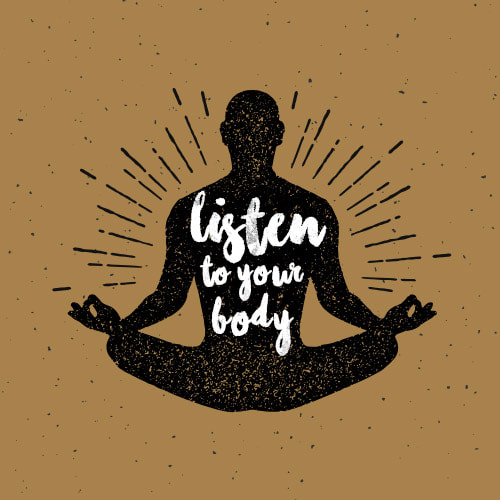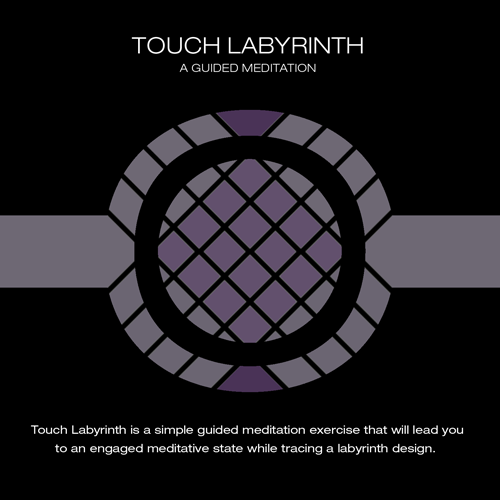|
” If you listen to your body when it whispers….you won’t have to hear it scream.”
Takeaway #1: Emotions like anger and anxiety are signals, often suggesting important actions we need to take. Takeaway #2: Meditation and journaling help us identify and understand that stress comes from our thoughts and perceptions. Takeaway #3: By listening to our bodies and regulating our breathing, we can control our emotions and build resilience. John, an engineer, felt angry and anxious at work. He thought his boss disliked him, leading to backaches, headaches, and stomach issues. John felt depressed about going to work. A friend suggested he come to me for meditation coaching. As John practiced meditation daily, he noticed physical symptoms like butterflies in his stomach and tension in his neck and shoulders. He realized that relaxation is a by-product of meditation, but the primary goal is to understand the mind. Stress comes from our thoughts, stories, and how we choose to view life. Feelings like anger and anxiety are signals, often present as tension or pain in the body, and can suggest important actions we need to take. The main step John learned was to listen to his body because strong emotions like joy, anger, anxiety, and pleasure are felt physically. As a regular yoga practitioner, John could understand and respond to these signals. He learned to relax his body within minutes by paying attention to tense areas. John leveraged anxiety and stress to focus on work and let go when he came home. His regular walks and yoga practice helped him find balance, reducing headaches and backaches while improving sleep. Mental training for toughness and resilience involves:
Action Item #1: Practice daily meditation or journaling with a device to measure relaxation levels – 10-15 minutes, in addition to yoga or exercise. Note how you feel in a relaxed state and journal the locations of stress (back, jaw, heart area, etc.). Action Item #2: Work on 1-2 daily activities aligned with your values and long-term goals – fun and meaningful activities. Notice the sensations in your body when you're excited and energized. Action Item #3: Plan ahead for anxious and stressful events. Mentally rehearse conversations with your spouse, boss, or challenging situations, and note the signals your body gives you in terms of breathing, muscle tension, and heart rate. Do these regularly, and you'll see improvement in your heart, brain, and progress in handling anger, stress, or anxiety. Want to learn more: Check out our workshops and one-on-one coaching. Mental training is not just about meditating, mindfulness, or relaxation. You can measure your progress by tracking changes in skin temperature, heart rate, and breathing. You can use your smart watch to rapidly train your body and mind for love, peace, and joy.
0 Comments
Your comment will be posted after it is approved.
Leave a Reply. |
a guided finger meditationEngage your senses with soothing music, guided imagery and a labyrinth tracing activity which leverages the power of touch. Click the album cover to learn more. Categories
All
|


 RSS Feed
RSS Feed